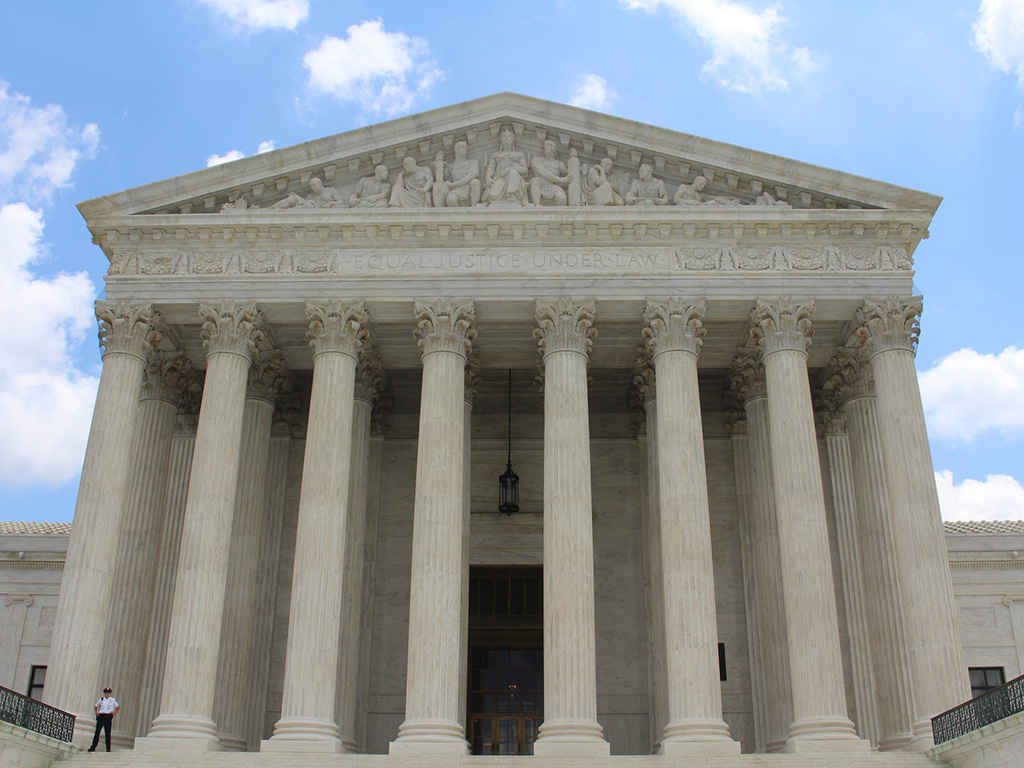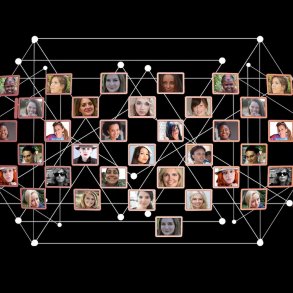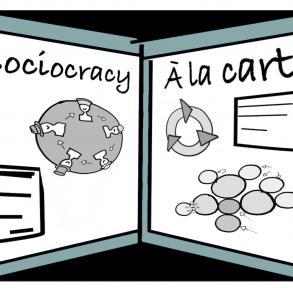By Tom Atlee and originally published here on Tom Atlee’s Co-Intelligence Journal
| Preface written by the author for EE: “Everything in this essay applies equally to groups, organizations, networks, economies, and all other social collectives and systems, as to the communities, societies and democracies referred to in the essay. It is, of course, up to all of us to explore the ways these ideas may apply to the specific groupings and systems we are part of – and to explore the designs, cultures, behaviors and consciousness which may enhance our ability to be collectively wise. Blessings on the Journey – because it is one.”
|
Recently I wondered whether calling my vision of a wise democracy “wise” is presumptuous and misleading. Does the word “wise” suggest that such a democracy would be flawless and thus too unrealistic and utopian to be take seriously? Would it be better to call it a wisER democracy? I’ve decided that the word “wise” actually describes what I’m envisioning and is, in fact, not at all unreasonable. After all, a wise person isn’t perfect, so a wise democracy wouldn’t need to be either. In fact, a wise democracy or society would share many of the characteristics of a wise individual. Consider these: A wise person appreciates the complexity of life – an awareness that tends to make them humble, flexible and compassionate, rather than arrogant, prideful and full of blame. They often have the kind of thoughtful confidence, presence and maturity acquired through considerable engagement with challenges. They know life is hard, as well as filled with opportunities and joys. So, too, would a wise community, society, or democracy. A wise person seldom makes truly stupid or foolish mistakes. They tend to be well grounded in reality and experience, and thus curious about new situations. They often use their curiosity about mistakes to generate useful lessons for everyone involved. So, too, would a wise community, society, or democracy. A wise person tends to be prudent. While they are willing to take mindful risks needed to produce certain shared benefits, they are not reckless. They seek to carefully consider future wellbeing, especially beyond their own. So, too, would a wise community, society, or democracy. A wise person discerns what is truly important and embodies it in their own deep caring, integrity, and sense of responsibility. They are often good-humored and fun but seldom frivolous or deceitful. So, too, we would find a wise community, society, or democracy having those qualities. Remember, when I say “a wise community or society” I’m talking about the whole community’s or society’s way of being in and engaging with the world. I’m not referring to the individual wisdom of the people living in that community or society, although their wisdom plays a part. Likewise, when I say “a wise democracy”, I’m talking about participatory systems that generate wise policies and wise collective behaviors, regardless of the individual wisdom of the people who live within or participate in those systems. A whole society or system can, in fact, be either wiser or stupider than the people in it. It can even make its members wiser or stupider. Many of the innovations and ideas I promote would make democratic systems wiser, so the term “wiser democracy” still applies. But the vision I promote is definitely of wise democracy – political and governance systems that access the wisdom, power, and participation OF the whole community and the whole of life FOR the whole community and the whole of life. Such a political order would have the same qualities that we considered above for a wise individual. It would BE a wise democracy. All things considered, I think a wise democracy is worth working for. Looking around at the political systems that currently dominate our public lives, you just might agree. Note: For more perspectives on the characteristics of wisdom, see “The January 2002 Wisdom Survey Conclusions” |





